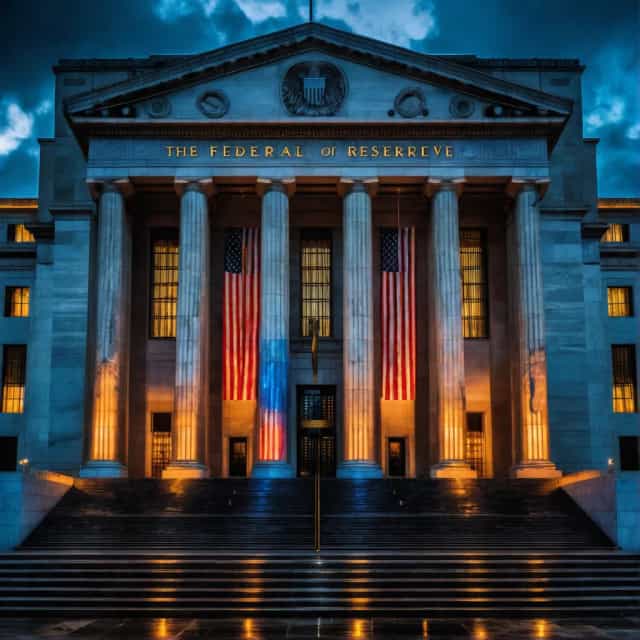
Image source: Block Media
Donald Trump Files $15 Billion Defamation Lawsuit Against The New York Times, Citing Financial and Reputational Harm
Former U.S. President Donald Trump has initiated a $15 billion defamation lawsuit against The New York Times. The case, filed in a Florida federal court, accuses the publication of deliberate misinformation and attributes significant damage to his reputation and asset values to their reporting. This legal action underscores Trump's escalating conflict with major media outlets, placing both his personal and professional image at the center of a heated battle over free press versus perceived media bias.
Central Allegations Against The New York Times
Trump's lawsuit focuses heavily on an article titled "Lucky Loser," authored by journalists Susan Craig and Russ Buettner. The claims suggest that the piece was politically motivated, portraying Trump in a misleading light while supposedly aligning with Democratic Party interests. Trump's filing accuses the paper of acting as "a spokesperson for partisan narratives," alleging that these actions have tarnished his reputation, his family's legacy, and his influential Make America Great Again (MAGA) movement.
Reputational and Financial Fallout
Beyond personal grievances, Trump argues that the publication's reporting affected the core of his business empire. According to the suit, entities like Trump Media & Technology Group (TMTG), which oversees the Truth Social platform, suffered reputational and financial harm. The lawsuit also emphasizes the adverse impact on his burgeoning digital asset ventures. The Trump family and their enterprises have actively expanded into cryptocurrency markets, further intertwining their financial health with evolving perceptions in the public sphere.
The New York Times Fires Back
In a swift rebuttal, The New York Times dismissed Trump’s legal filing as baseless and framed it as an intimidation tactic aimed at silencing independent journalism. The publication issued a statement defending its commitment to unbiased reporting: “We will not be shaken by threats against independent reporting.” This public reaction highlights an entrenched standoff between Trump and mainstream media outlets.
Trump's Expanding Legal Offensive
Trump’s lawsuit against The New York Times is one part of a broader strategy targeting multiple media organizations. This year alone, Trump has pursued legal action against high-profile outlets including The Wall Street Journal, ABC, and Paramount. In fact, recent developments include a $16 million settlement Trump reached with Paramount in a separate dispute, underscoring his aggressive approach toward litigation in the media industry.
Cryptocurrency Ventures: Boom and Bust
Amid these legal maneuvers, Trump’s cryptocurrency endeavors have also faced scrutiny—especially after the steep decline in value of TrumpCoin, a Solana-based meme coin. Launched in January, TrumpCoin initially priced at over $40 but has since plunged by approximately 80%, trading at a mere $8.63. Despite the unfavorable valuation, the coin maintains a strong daily trading volume of $175 million.
Comparable troubles can be observed in another cryptocurrency launched by Melania Trump, which now trades at just $0.20. Analysts note that the volatility of these digital assets reflects broader challenges across the cryptocurrency market, where investor confidence remains fragile.
Still, the Trump family has garnered considerable financial backing in the digital asset sphere. With the release of World Liberty Financial (WLFI) tokens, they reportedly raised nearly $62 billion. Experts estimate that digital assets now represent approximately 9% of Trump's portfolio, a notable shift as real estate holdings have diminished to 50% of his total assets—a stark contrast to earlier years when real estate was his signature domain.
Trump’s Evolving Image as a Digital Asset Advocate
As Trump deepens his investment in digital currencies, the financial sector continues to monitor the implications closely. While some market observers are cautiously optimistic about his ability to influence new trends in the cryptocurrency industry, others view his ventures with skepticism, criticizing the speculative nature of these investments amid broader economic uncertainty.
Media and Market Implications
Trump's simultaneous battles against legacy media outlets and volatile financial markets showcase a dramatic fusion of politics, personal branding, and digital innovation. His ongoing campaign against mainstream media underscores larger tensions regarding journalistic accountability and the role of influential figures in shaping public trust. Meanwhile, his pivot toward digital assets marks a fundamental shift in how a traditionally real-estate-focused portfolio adapts to 21st-century economic strategies.
As both Trump’s legal battles and cryptocurrency ventures unfold, they signal broader questions about the sustainability of his business empire and the interplay between media, politics, and emerging financial technologies. Whether his strategies succeed or falter, they remain pivotal in molding Trump’s legacy as both a businessman and a cultural figure.










